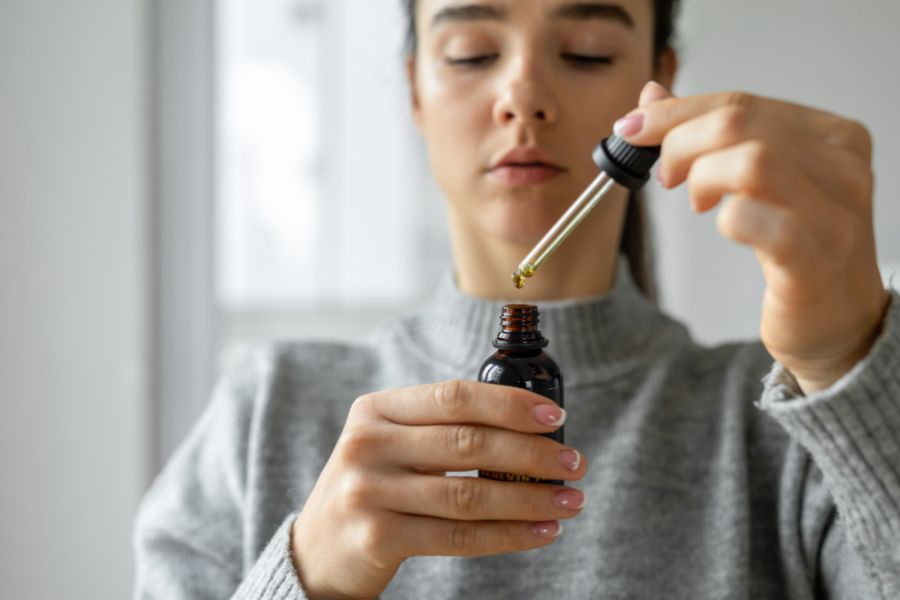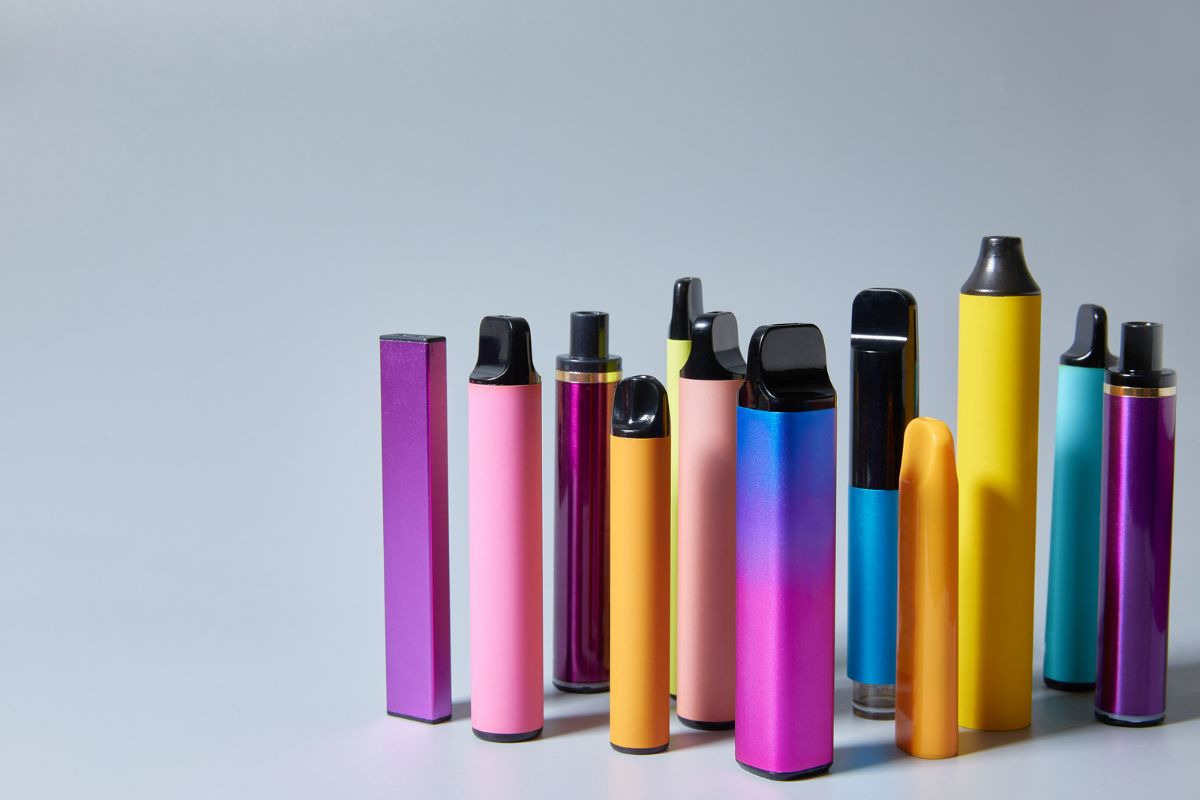Explore the benefits of THCA vaping by learning to start with high-quality products for optimal effects. Opt for reputable brands like Budpop THCa to ensure purity and potency. Adopt best practices for vaping by using clean devices regularly to maintain flavor and efficacy. Stay informed about dosage and individual tolerance levels for a personalized experience. Understand the potential health benefits, such as non-psychoactive properties, which may offer therapeutic advantages without the intoxicating effects. Prioritize safety by sourcing expert opinions, which highlight the importance of regulated products and responsible usage. Always remain aware of legal stipulations in your area before engaging in THCA vaping.
Understanding THCA: A Brief Overview
Tetrahydrocannabinolic acid, more commonly known as THCA, is a cannabinoid found in the cannabis plant. Unlike its better-known counterpart THC, THCA is non-psychoactive, meaning it doesn’t produce the “high” associated with traditional cannabis use. This is because THCA is the acidic precursor to THC, which means it naturally occurs in raw cannabis and only transforms into THC through a process called decarboxylation – typically triggered by heat.
This unique quality makes THCA an area of interest in the world of alternative medicine. Enthusiasts and researchers are exploring its potential benefits, which may include anti-inflammatory properties, neuroprotective effects, and anti-emetic capabilities. These attributes make it particularly intriguing for those looking to explore cannabis’ therapeutic potential without any mind-altering effects.
The legal landscape of THCA is still evolving. Currently, THCA itself is not classified as a controlled substance; however, its legal status can become complex once it is converted to THC. This distinction can affect its legality in various jurisdictions, making it essential for consumers to stay informed about local laws.
With the growing interest in cannabis-based products for health and wellness, a clear understanding of the THC and CBD differences helps in making informed choices. In vaping cultures, THCA’s relevance is gaining traction, offering a promising alternative for those seeking the therapeutic benefits associated with cannabis without the high. It underscores the importance of exploring safe practices and being aware of legal nuances when considering THCA-infused products.

Benefits of THCA Vaping
Therapeutic Benefits
Exploring the therapeutic benefits of THCA, those interested in vaping gain a potential glimpse into a compound offering several promising health effects. THCA, short for tetrahydrocannabinolic acid, is a non-psychoactive cannabinoid found in raw cannabis. Unlike its famous cousin, THC, THCA doesn’t produce a “high,” which makes it particularly appealing for those seeking potential health benefits without intoxication.
One notable advantage of THCA is its anti-inflammatory properties. Inflammation is a common underlying factor in many chronic illnesses, and by helping to reduce it, THCA may offer relief for conditions such as arthritis and inflammatory bowel disease. Moreover, emerging research suggests that THCA might possess neuroprotective qualities. This means it could potentially play a role in protecting brain cells, which is particularly important in the context of neurodegenerative diseases like Alzheimer’s or Parkinson’s.
Vaping THCA delivers these benefits efficiently by allowing for quick absorption into the bloodstream, bypassing the digestive system and eliminating the need for combustion-related toxins associated with smoking. However, it’s important to consult with a healthcare professional before beginning any new therapeutic regimen. Whether you’re a seasoned vaper or exploring alternatives to traditional smoking, understanding the potential benefits and uses of THCA can enrich your experience while prioritizing wellness.

Comparison with Traditional Consumption Methods
When considering different methods of consuming THCA, vaping offers several advantages over more traditional approaches. One key benefit is the rapid onset of effects, which allows users to experience their desired results more quickly compared to edibles or tinctures. This immediacy can be particularly appealing to those who seek prompt relief from ailments. Additionally, vaping provides a level of control over dosage that’s often lacking in other forms. Users can take smaller puffs to gauge their tolerance and adjust their intake accordingly, ensuring a personalized experience. Another advantage of vaping is its discrete nature; unlike smoking, it produces less odor, making it a more convenient option for those who prioritize privacy.
For a broader perspective, you might explore the advantages of vaping compared to other methods, like THCA vs. gummies. While there are many benefits to vaping, it’s also vital to consider potential risks and ensure you are using quality products from reputable sources to optimize safety and effectiveness when transitioning to this consumption method.
Insights from Experts
Experts in the field of cannabis consumption provide valuable insights into the benefits and usage of THCA vapes. Dr. Emily Carter, a renowned cannabis researcher, notes that THCA, being a non-psychoactive compound, can offer a range of anti-inflammatory benefits without the high associated with THC. This can make THCA vapes appealing for those seeking therapeutic effects without impairment. However, Dr. Carter also emphasizes the importance of sourcing products from reputable manufacturers to ensure safety and purity. Meanwhile, industry consultant Alex Thompson advises new users to start with lower doses to gauge their body’s response, highlighting the need for responsible consumption. These perspectives underscore the potential benefits of THCA vaping while advocating for informed and careful usage.
Usage and Safety Considerations
Choosing the Right Vape Equipment
When choosing the right vape equipment for THCA, it’s essential to focus on devices and accessories tailored to extracts and concentrates. If you’re new to this, the Novice’s guide to vaping provides a helpful starting point. For experienced users, consider a vaporizer with a temperature control feature, as it allows you to optimize heat settings to prevent the degradation of THCA. Opt for ceramic or quartz coils, which offer a clean and efficient heating method suitable for concentrates.
Battery life is another crucial factor to consider; a reliable device should support extended usage without frequent recharging. Look for vapes with replaceable batteries or USB-C charging for added convenience. Portability may also be important depending on your lifestyle, so assess whether a compact pen-style vape or a larger desktop device fits your needs. Ensuring your equipment is well-suited to THCA not only improves your experience but can also enhance safety and effectiveness in your vaping practice.

Dosage and Consumption Tips
When starting with THCA vaping, begin with a low dosage to gauge how your body reacts. For beginners, a single inhalation can be a good starting point. Experienced vapers might find two to three puffs effective, depending on personal tolerance and desired effects. It’s crucial to wait a few minutes between hits to assess the impact before consuming more. Frequency of use largely depends on individual preferences and intended outcomes. Some enjoy a session once a day, while others prefer multiple sessions spread throughout the day. Always ensure your consumption aligns with how you want to feel, whether that’s relaxed, focused, or uplifted. Remember to use quality vape products and check the THCA content to ensure safe and effective usage. Understanding how THCA converts when heated can enhance your experience, helping you make informed decisions. Always keep hydration in mind, as vaping can be dehydrating, and regular breaks can be beneficial to maintain clarity and comfort.
Safety and Precautions
When vaping THCA, prioritizing safety is crucial. Start with quality products from reputable brands, ensuring they meet safety standards. Pay attention to dosage; begin with a low amount and gradually increase as needed, as THCA’s effects can vary. Proper storage is vital—keep your vape pen and cartridges in a cool, dry place away from children and pets. Clean your device regularly to prevent contamination and maintain functionality. Be aware of the possibility of mild irritation or coughing, and discontinue use if severe reactions occur. Always consult with a healthcare professional, particularly if pregnant or on medication, to ensure vaping THCA is right for you.
Potential Risks and Controversies
When considering THCA vaping, it’s important to remain aware of potential risks and controversies associated with this method. One significant concern is the lack of comprehensive research on the long-term health effects of vaping THCA, leaving consumers with unanswered questions about safety. While traditional smoking of cannabis releases known carcinogens, vaping is often perceived as a cleaner alternative, but this does not completely eliminate health risks. The lack of regulation in the vaping industry can lead to variation in product quality, including potentially harmful additives or contaminants in vape cartridges.
Additionally, the legal status of THCA can vary greatly depending on location. In some regions, it falls into a legal gray area, which can lead to issues with legality, availability, and regulatory oversight. Without strict guidelines, users might unknowingly purchase lower quality or illegal products, posing a further risk to health and safety.
Furthermore, there is ongoing debate about the ethical implications of marketing vaping products, especially to younger demographics. Concerns arise about promoting a potentially habit-forming substance in appealingly flavored forms, which might inadvertently attract inexperienced users. For individuals considering vaping as an alternative, being well-informed and cautious about product choices is crucial to minimizing risks. Always consult experts and verify product sources for the safest experience.
Conclusion
As we conclude our exploration of THCA vaping, it’s evident that this method offers a novel approach to cannabis consumption with potential benefits such as ease of use and control over dosage. While expert insights highlight its appeal among both seasoned vapers and novices, it’s important to weigh these advantages against any potential risks and ensure safe practices are followed. By staying informed and considering professional perspectives, individuals can make educated decisions about incorporating THCA vaping into their lifestyle. With careful consideration and attention to safety, users can enjoy the unique benefits that THCA vaping may offer.




